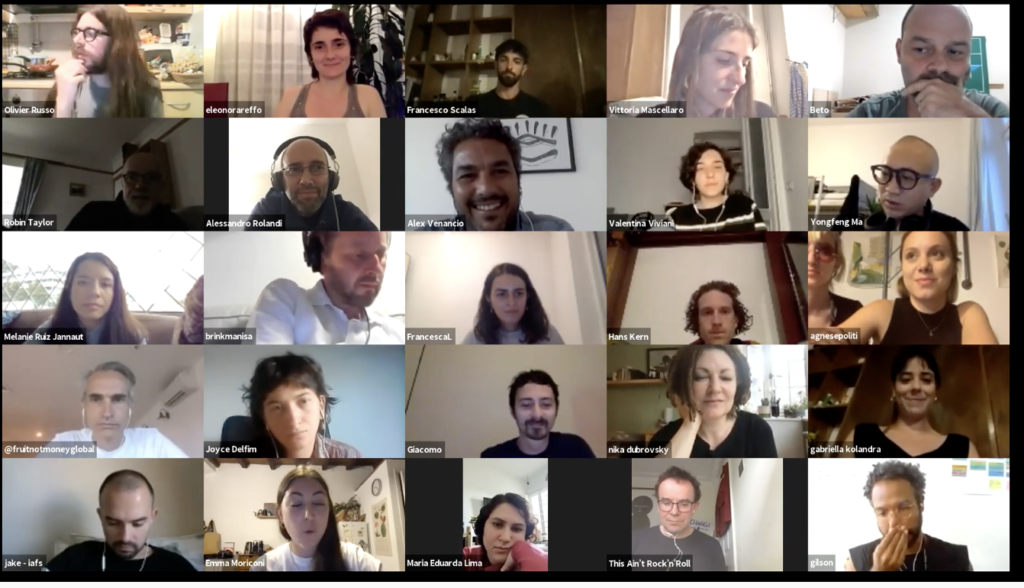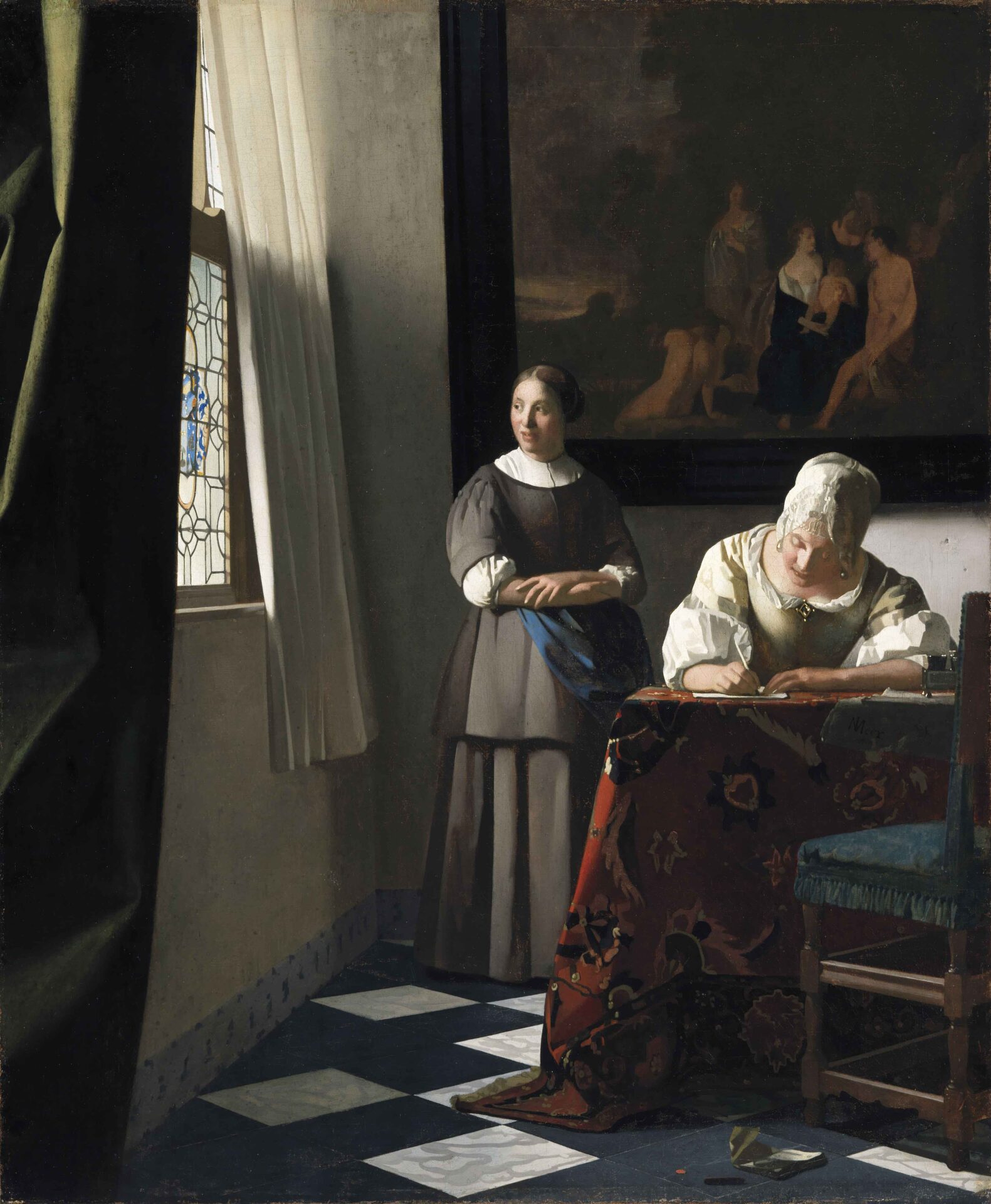Why do animals play? Well, why shouldn’t they? The real question is: Why does the existence of action carried out for the sheer pleasure of acting, the exertion of powers for the sheer pleasure of exerting them, strike us as mysterious? What does it tell us about ourselves that we instinctively assume that it is?
David Graeber

Direct dialogue between people about how to organize their collective social space is rare to find nowadays. The emergence of social networks promises us a direct connection between people unrelated by profession, blood or shared residence. And these commercial social networks end up practicing advertising, сensoring and spying on their users. The space they have created bears little resemblance to the Agora or open public space of any sort and much more to the dystopian country of Big Brother. The practice of assemblies and horizontal decision-making has emerged again with alt-globalist movements, Occupy and the Arab Spring.
The museum, created as a collective resource to be used by many projects, hopes to evolve as a federated structure, where different rooms will join with each other and hold Assemblies on how to develop a particular project or group of projects. All of our events, Assemblies and reading groups are published on the Calendar page.
The Museum of Care initially held many Assemblies in which people tried to formulate the rules of running the Museum itself.
Here you can read the records of some of our past and current Assemblies.
On 4 May we held our first Mastodon Assembly. Here is the recap of our discussion.
We are preparing AN OPEN ASSEMBLY “TOOLS OF CARE” as an outcome of our 25.01.2023 HOUSEKEEPING COMMITTEE.
21 December, 2022 Housekeeping committee Assembly to plan 2023. Here are the notes and the agenda.
22 January, 2022 we made a plan for how to run the Museum of Care for this year.
27 May, 2021 – We are happy to announce the first curatorial collective of the Museum of Care for June and July 2021 with the topic: EDUCATION AND (ANTI)INSTITUTIONS. The Museum of Care and Critical Studies Department in collaboration with Andris Brinkmanis, Zasha Colah, and Archive Milano invites students and independent collectives, activists and established educational initiatives to participate in the discussion.
Here is the agenda and the description of the Assembly on the 27th of May.






